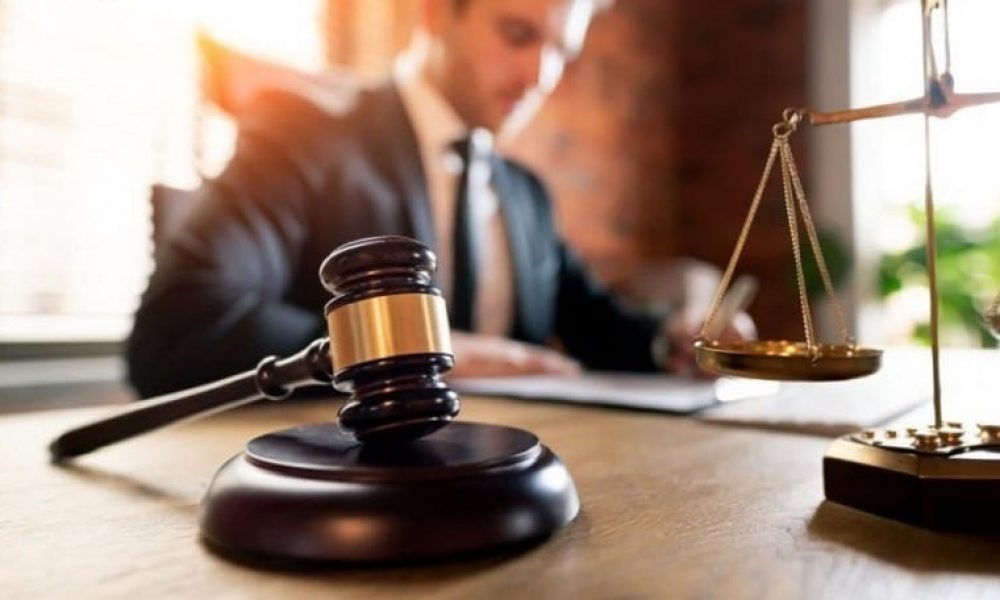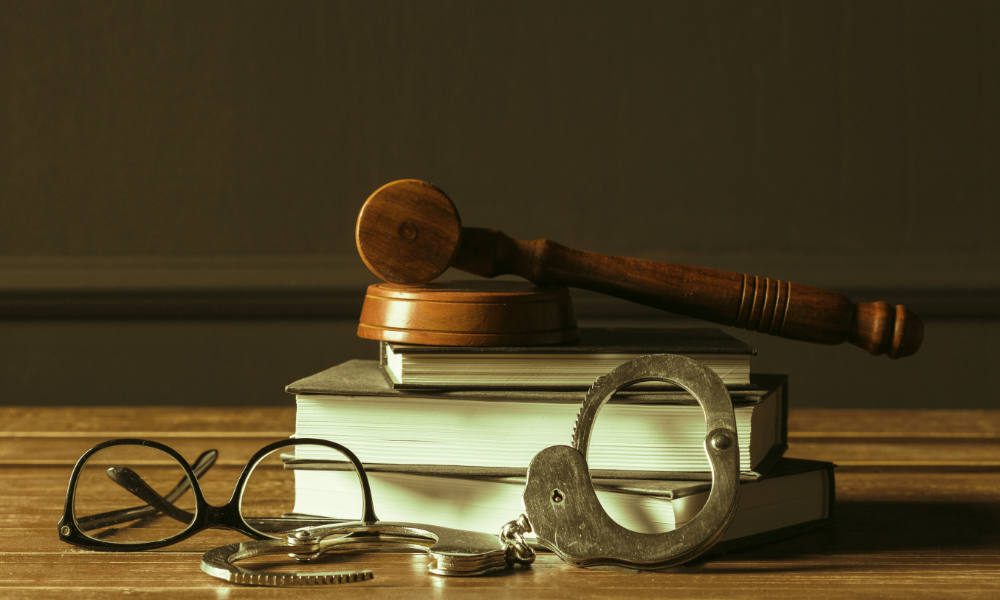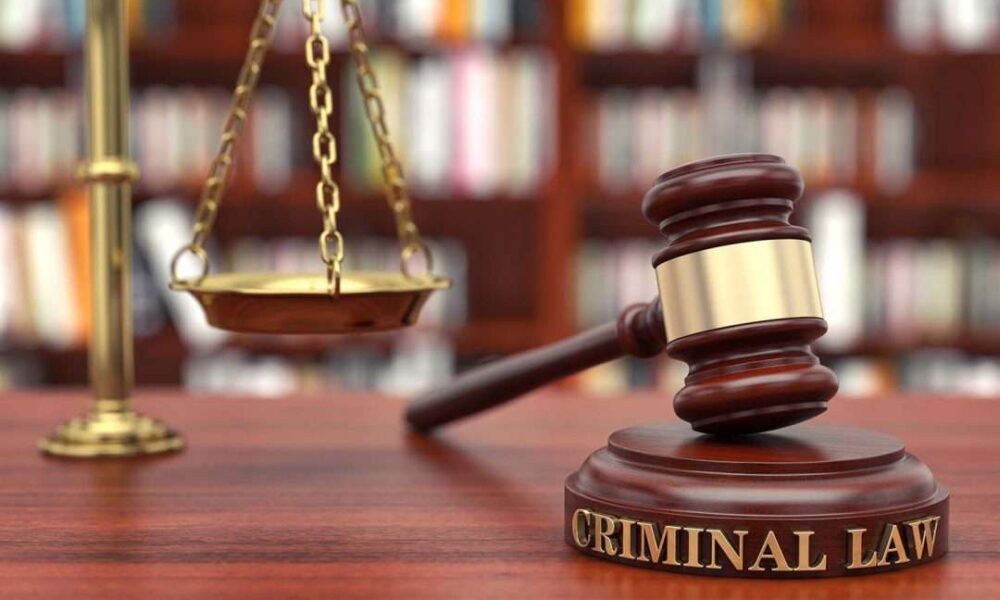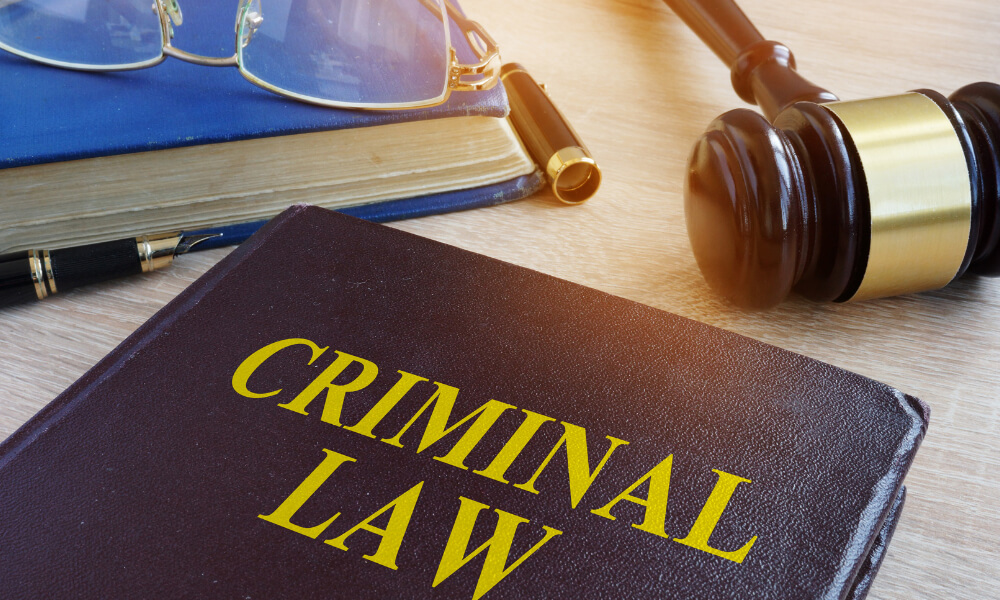
The right to remain silent, a fundamental principle under Canada’s Charter of Rights and Freedoms, is a bedrock of the justice system. It protects individuals from self-incrimination and ensures that the burden of proof rests squarely on the prosecution. However, recent legal cases in Vancouver have tested the boundaries of this right, sparking debates about its interpretation and application.
Below, we explore how these cases have challenged the right to remain silent, what the outcomes mean for defendants, and how individuals can protect themselves when navigating the legal system.
The Right to Remain Silent Under Canadian Law
Section 7 of the Charter guarantees the right to life, liberty, and security, which includes the ability to remain silent during police questioning. This principle is intended to safeguard individuals from coercive interrogations and self-incrimination. However, like many legal rights, its practical application evolves through court rulings.
Recent cases in Vancouver have highlighted situations where this right has been put into question, revealing nuances in how it is interpreted by law enforcement and the courts.
Case Studies in Vancouver
Coercive Questioning in Police Custody
One high-profile Vancouver case involved a suspect who was vigorously questioned by police after invoking their right to remain silent. The individual repeatedly stated they did not wish to answer questions. However, the officers continued to pressure the suspect, ultimately leading to a confession. When the case reached court, the defense argued that the confession should be inadmissible due to a violation of the suspect’s Charter rights.
The BC Supreme Court ruled in favor of the defendant, stating that the police failed to respect the individual’s choice to remain silent. This case underscored that persistence or coercion by law enforcement could effectively render the right meaningless, prompting the court to reaffirm that invoking this right must lead to cessation of questioning.
Silent Defendants and Implications in Jury Trials
Another Vancouver case involved a defendant who chose not to testify during their trial. This decision, while legally protected, created challenges during jury deliberations. The prosecution implied that the defendant’s silence was an indication of guilt, leading the defense to request a mistrial.
The court, in this instance, instructed the jury that no negative inference should be drawn from the defendant’s silence, emphasizing that the right to remain silent extends to trial proceedings. This ruling reinforced the principle that silence does not equate to guilt but highlighted the ongoing struggle to ensure juror neutrality in such situations.
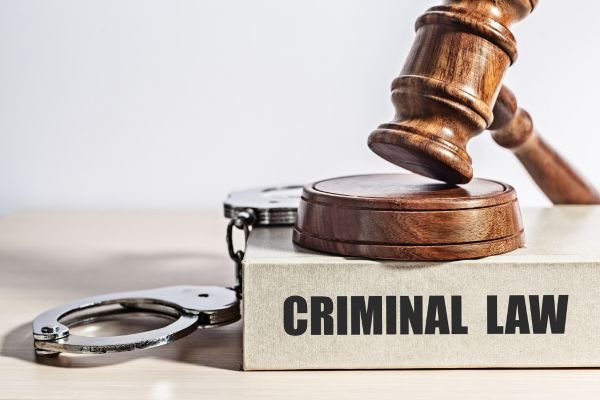
Challenges to the Right to Remain Silent
These cases reveal several challenges facing the right to remain silent in Vancouver. Coercion by law enforcement and misconceptions among jurors can dilute the protection this right offers. Defendants who choose silence may face undue suspicion, and often, their legal representatives must work diligently to counter this bias.
Protecting Your Right to Silence
If you find yourself navigating the legal system, here’s how to ensure your rights are preserved:
Assert Your Rights Clearly
If questioned by police, state explicitly that you are invoking your right to remain silent and requesting legal counsel.
Avoid Explaining Silence
Offering a reason for your silence, such as fear or uncertainty, could inadvertently be used against you. Stick to a firm and polite assertion of your rights.
Hire Experienced Legal Counsel
A lawyer with experience in Vancouver’s legal system can help enforce your rights and ensure any violations are addressed.
Document Police Conduct
If you feel coerced or pressured into speaking, inform your lawyer immediately. Evidence of misconduct could strengthen your case.
Conclusion
These legal cases from Vancouver demonstrate that while the right to remain silent is fundamental, its boundaries can be tested. Courts often rule in favor of upholding this right, but consistent vigilance is necessary. By understanding the scope of your rights and seeking appropriate legal representation, you can protect yourself and ensure that your silence speaks volumes where it counts—in the courtroom.

